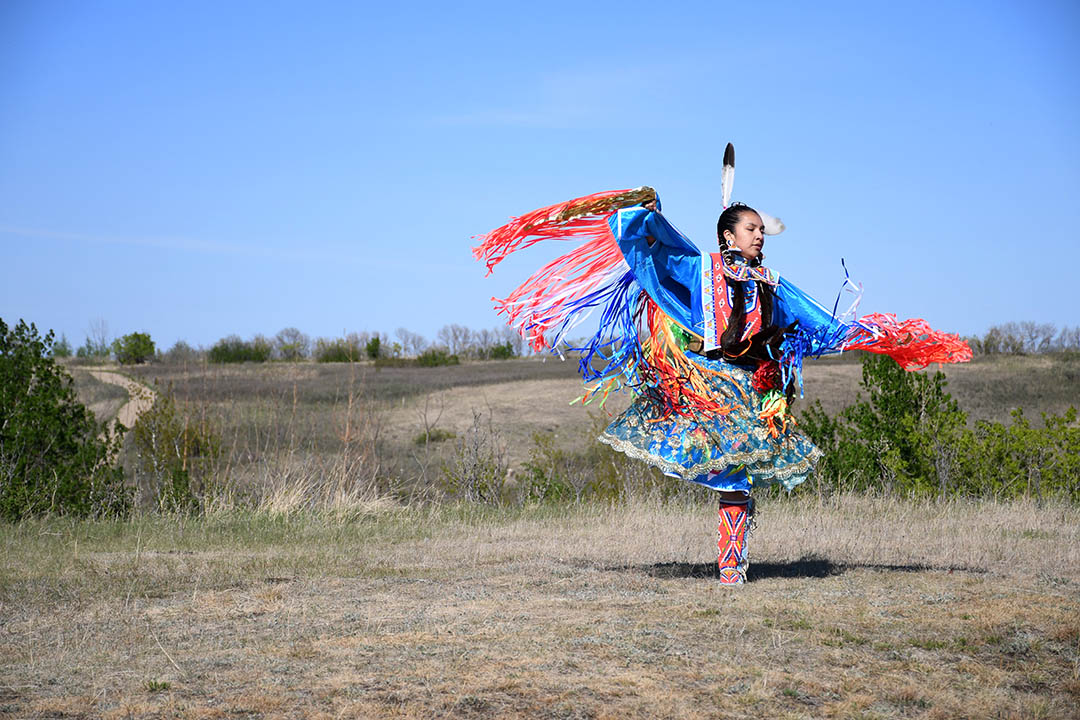
USask-based Indigenous centre for research on HIV, HCV and STBBI in Saskatoon
SASKATOON – A new Indigenous-led centre for research on HIV, Hepatitis C Virus (HCV) and sexually transmitted blood-borne illness (STBBI)—focused on Saskatchewan and Manitoba—has officially launched.
The waniska Centre, based at the University of Saskatchewan (USask) and with staff in communities in Saskatchewan and Manitoba, works with communities and academics, training the next generation of Indigenous scholars, practitioners, and community members in HIV/HCV/STBBI research.
The June 21 opening celebration will be livestreamed at 11am CST from Wanuskewin Heritage Park; register to watch it here. It will include speakers, ceremonialists, and performances from Indigenous dancers and musicians from both provinces.
“We really wanted the opportunity to interlink with each other in critical partnerships that spanned an artificial border imposed on this region by colonization. We felt this would be among the best ways to address HIV/HCV/STBBI inequities experienced by Indigenous people in these territories,” said Dr. Alexandra King, Cameco Chair in Indigenous Health and Wellness at USask and the waniska Centre’s lead researcher.
“We want to work with communities and really be creating community-led, community-centric, Indigenous-led research,” she said.
The launch coincides with National Indigenous Peoples Day in Canada and the summer solstice, a time of celebration for Indigenous people who have gathered for centuries on this special day.
“It is a time to reflect on what is in short supply, and at this time of year, it is the nighttime hours, the time we take to dream and vision. Therefore, it is also critically important that we engage in dreaming for those who are to come and how to create a better world for them,” said King.
The waniska Centre’s aim is to engage Indigenous communities and people in research that is focused on Indigenous knowledge and the land to develop, explore, and scale up promising and wise practices, using both an Indigenous and Western lens in what is dubbed etuaptmumk (a Two-eyed Seeing approach).
According to King, land and culture-based solutions-focused research will create innovative practices, leading to health system transformation and improved health outcomes.
“I hope that the centre can make it easier for communities to do the research and programming that is beneficial to their members. As institutions, universities need to change the way they engage with communities for research and take on an equitable approach, which means going to them and asking what they need and learning from them,” said Rebecca Zagozewski, research manager for the waniska Centre.
The waniska Centre, which is funded by the Canadian Institutes of Health Research, will build its own capacity to conduct research through partnerships with Indigenous and non-Indigenous experts in the field of Indigenous health and HIV/HCV/STBBI research.
-30-
For more information, contact:
Sarah MacDonald
Communications Officer
waniska Centre
306-260-0767
sarah.macdonald@usask.ca
Visit: www.waniskacentre.ca

